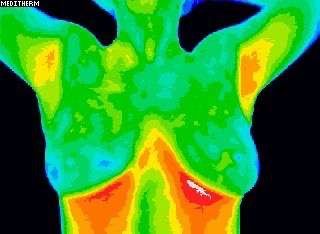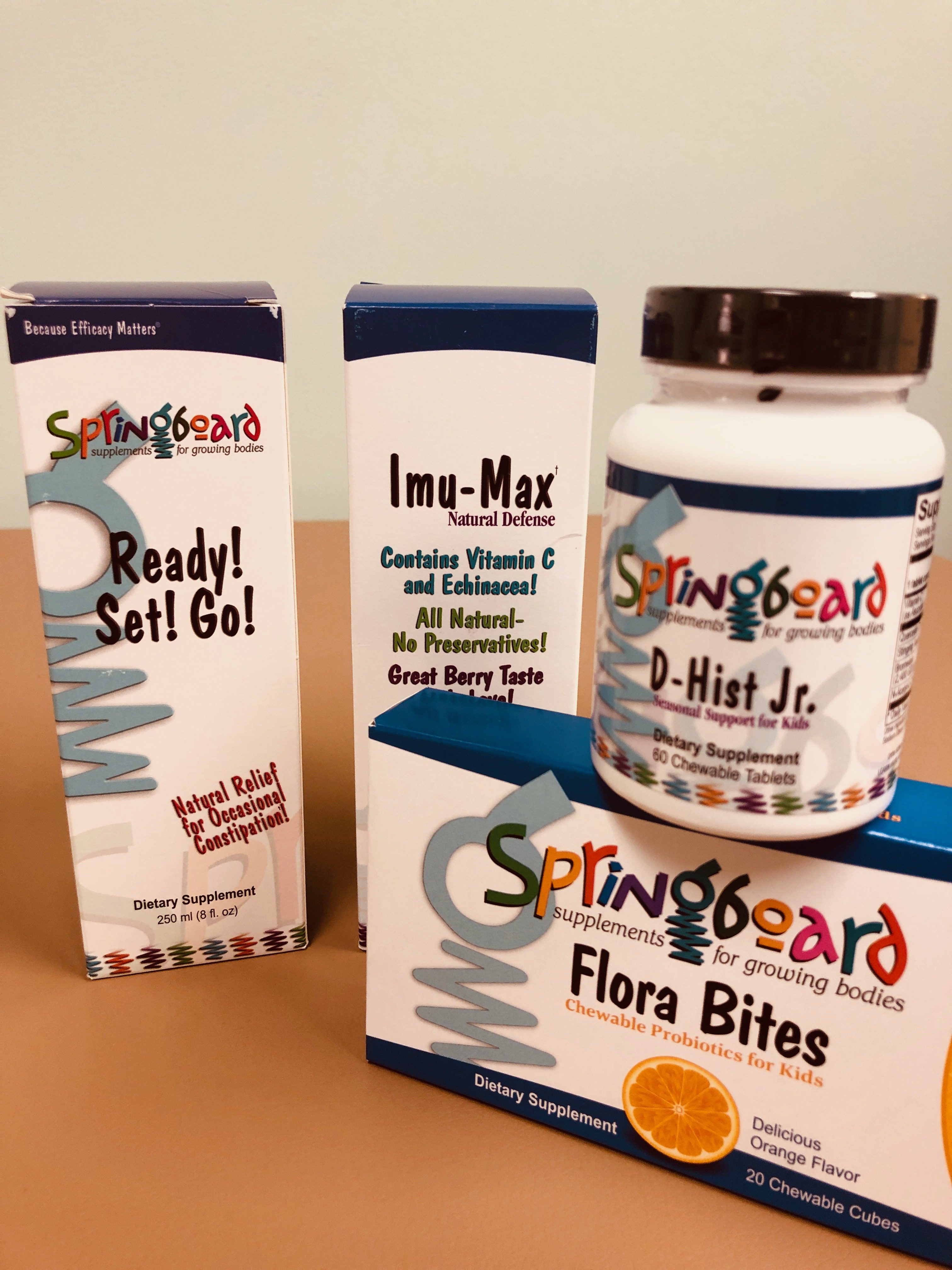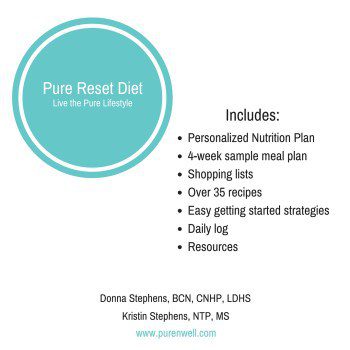So, what is cholesterol and why do we have it in the body? I find that this question often brings about a moment of silence in the presence of most traditional practitioners. This soft, waxy substance is found not only in your bloodstream, but also in every cell in your body where it helps to produce cell membranes, hormones, vitamin D, and bile acids that help you digest fat. Cholesterol also helps in the formation of your memories and is vital for neurological function.
A few interesting studies about low cholesterol and the effect it can have on our bodies are listed below:
- A study in the Journal of Psychiatric Research found that men with low total cholesterol were 7 times more likely to die prematurely from unnatural causes, like suicide.
- A 1993 study published by The Lancet found that depression was 3 times more likely in men over 70 with low cholesterol
- A Swedish study found that women with the lowest cholesterol suffered significantly more depressive symptoms than other women.
- A study in the journal, Neurology, showed that low cholesterol is associated with increased risk of dementia.
- A paper published in the European Journal of Internal Medicine linked low cholesterol levels with Alzheimer’s disease.
Cholesterol has been vilified over the last few decades as the primary reason behind heart attacks and arterial disease. The general public has been lectured to by doctors, dietitians, diet companies and main stream medicine to avoid fat and cholesterol like the plague. In addition, anyone with a cholesterol level of 200 is staunchly told they must take a statin.
Could it be that the epidemic rise in health issues like Alzheimers, Dementia, Depression and Anxiety are linked to our efforts to keep cholesterol as low as possible? How about low Testosterone and low Vitamin D levels?
And with all this effort and attention on reducing cholesterol, you would think there should be a clear link between reducing cholesterol and reducing our heart attack risk; but in actuality, there isn’t…50% of all patients who suffer heart attacks have normal cholesterol levels!
Cholesterol has been blamed for heart disease, but inflammation is actually the true culprit. When the body experiences an inflammatory response, damage can occur to the arterial wall; the system responds by constricting blood vessels, thickening the blood, and triggering cells to multiply in order to repair the damage. Cholesterol is produced because cells need it to form. Vascular plaque is created when a damaged artery needs to be repaired. When an individual is in a chronic state of inflammation, the risk of high blood pressure and heart attack greatly increases.
So what are the contributors to inflammation in the body? Well, it’s not the kind of inflammation you get from a sports injury. Inflammation occurs in our body in response to either what we put in it or don’t put in it. Diets high in sugar, processed food, and toxic additives all add to the burden of inflammation. In addition, nutritional deficiencies and food sensitivities can also increase the inflammatory response in the body.
In the book, The Great Cholesterol Myth, authors Jonny Bowden, Ph.D. and cardiologist Stephen Sinatra state that after reviewing the data of numerous studies, it became clear that cholesterol levels are not a good predictor of heart attacks. Half of the people who have heart attacks have normal cholesterol; half of the people with high cholesterol have healthy hearts; keeping cholesterol levels low has few benefits. The Framingham Heart Study, which began in 1948 and continues to this day, distinctly shows that those who lived the longest were inclined to be in the highest cholesterol category.
The Lyon diet-heart study presents startling evidence regarding the role diet plays in heart health. Researchers in France, during the 1990s, decided to observe the effect different diets have on heart disease. Two groups of high-risk men participated. All had survived heart attacks. Everyone had high cholesterol and stressful lifestyles. They also smoked and did not exercise.
One group was asked to eat the American Heart Association diet which is low in fat and cholesterol. The second group ate a Mediterranean diet, rich in fish, omega-3 fatty acids, vegetables, and olive oil.
The study ended early because the results of the Mediterranean diet were so striking. Those in this group had a 70 percent reduction in fatal heart attacks, yet their high cholesterol levels remained the same throughout the study. They simply stopped dying.
As observed by Bowen in Better Nutrition Magazine:
“The tragedy is that by putting all our attention on cholesterol, we’ve ignored the real causes of heart disease: inflammation, oxidation, stress, and sugar. Things we can actually control with foods, supplements and lifestyle changes – none of which have the costs or side effects of pharmaceutical drugs.”
Could it be that the 32 billion dollars a year made from cholesterol lowering drugs has influenced our medical perception on this? Maybe… Probably… But society has to also stand up and be accountable. As consumers, we hold the power with what we spend our money on and how we choose to live.
If you want to keep eating donuts, pizza and tacos as your preferred source of nutrition, then you will probably need medical intervention. However if we start to spend our money on real food and seek out natural ways to improve our inflammation levels, then guess what? The demand for statins will start to decline, and medicine will respond to the economic laws of supply and demand!
If you would like to understand even more about your cholesterol levels and how to best support the health of your heart, please contact us at 844-787-3935 or [email protected]. For further reading on this topic please check out the sources listed below.
Be Well,
Donna Stephens
BCN, CNHP, LDHS
Sources for this article include:
“The cholesterol myth? Why lowering cholesterol isn’t nearly as important as you think”, Jonny Bowden, PhD, CNS, Better Nutrition, July 2012
“The Cholesterol Myth That Could Be Harming Your Health”, Dr. Joseph Mercola, Huffpost Healthy Living, August 12, 2012. Retrieved on July 18, 2012 from: http://www.huffingtonpost.com
“Ending the Cholesterol-Heart Disease Myth”, Andreas Moritz, Natural News, April 8, 2010. Retrieved on July 18, 2012 from: http://www.naturalnews.com/022960_medical_myths_cholesterol.html
“Low cholesterol levels associated with 990% higher mortality after heart attack”, Dr. Brownstein’s Blog, August 9, 2015




















